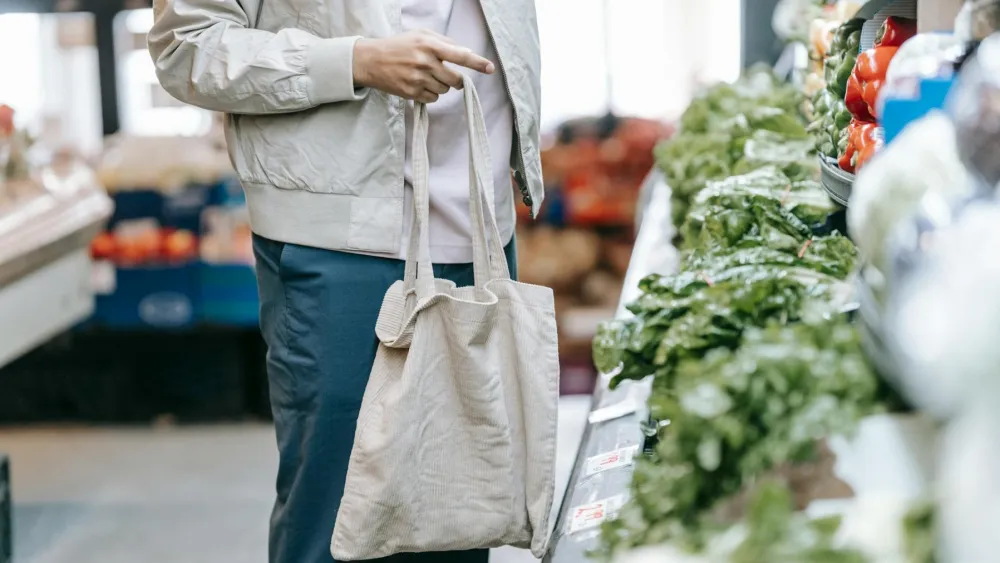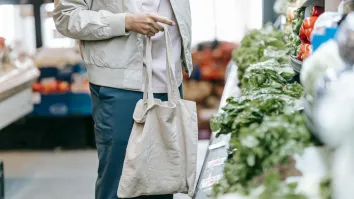
Shein plans to reduce GHG emissions by 25% by 2030
These include shifting to renewable energy and increasing energy efficiency.
Shein committed to reducing its greenhouse gas (GHG) emissions in its entire value chain by 25% by 2030 and transitioning to renewable energy.
In a statement, Shein said its business produces around 6.3 million tonnes of carbon dioxide in 2021 across its value chain, with the most significant impact or more than 99% coming from its supply chain, especially in sourcing material, manufacturing, and product distribution.
The company aims to increase investments in energy-saving efforts in its business and improve measurement techniques to reduce its Scope 1 emissions or those generated from its facilities.
READ MORE: E-commerce GMV growth in Southeast Asia slows but remains healthy
Shein will contribute to Aii’s programs which are Carbon Leadership which focuses on carbon benchmarking, assessment, and goal setting, and Celan by Design which will support the reduction of energy, water, and chemistry use in textile production facilities.
The strategy designed by its partner for energy efficiency projects in its over facilities will reduce 1.25 million metric tons of emissions annually or around 10% reduction per facility.
To reduce Scope 2 emissions which come from the energy it buys to operate its facilities, Shein will purchase renewable energy certificates from the utilities it operates warehouses, which mostly operate in southern China.
It will collaborate with Brookfield Renewable Partners to supply Shein’s supply chain partners with renewable energy.
Shein will also work with its supply chain and expert partners to collaborate on a carbon reduction plan and to transition to renewable energy sources to reduce its Scope 3 emissions which are generated from its entire supply chain, such as in product creation and selling of services.
Carbon reduction efforts for Scope 3 will be done together with the plan to accelerate the incorporation of recycled material in product manufacturing and the focus on nearshoring and onshoring which will cut its reliance on airfreight. It also aims to shift to from virgin to recycled polyester to 31% by 2030.



















 Advertise
Advertise







